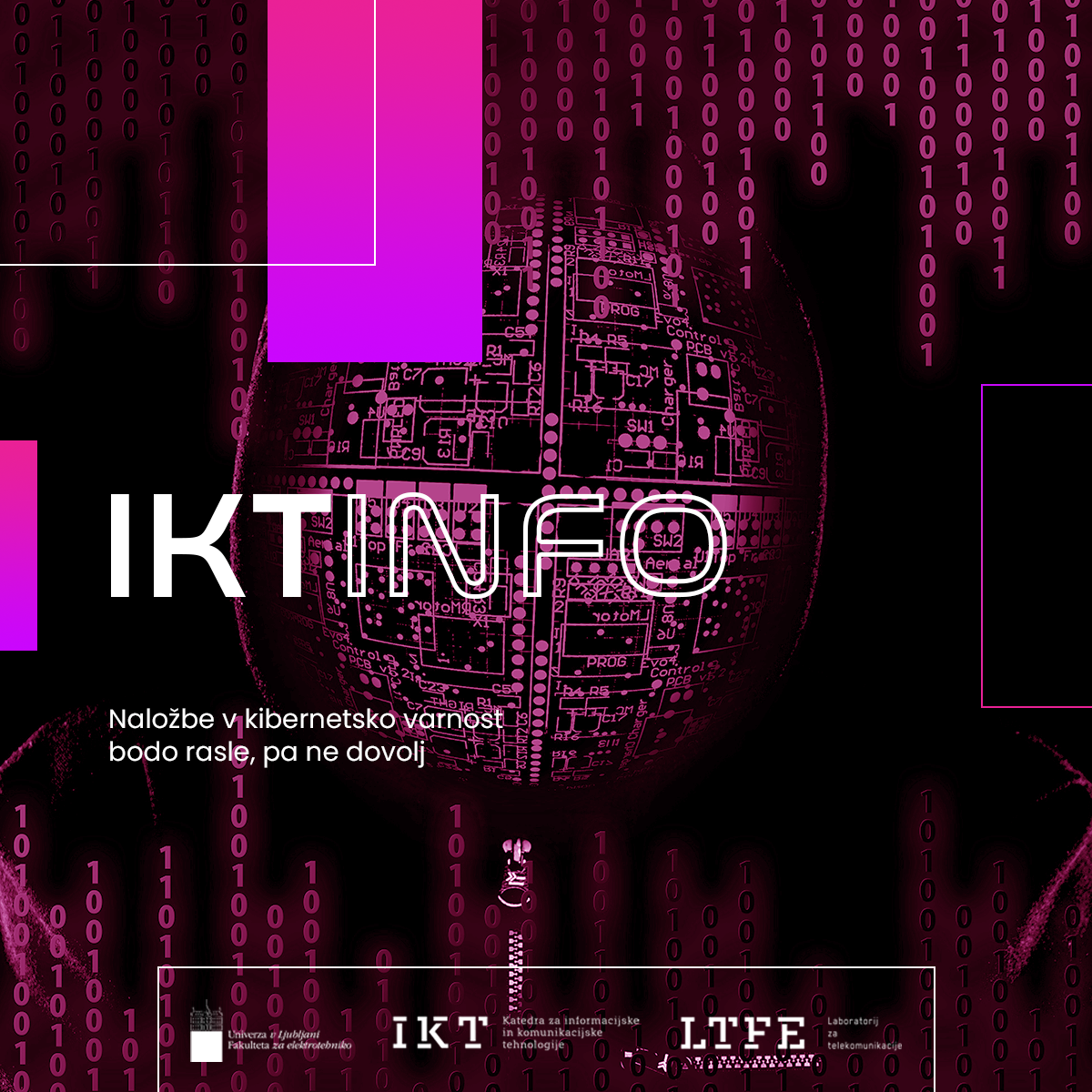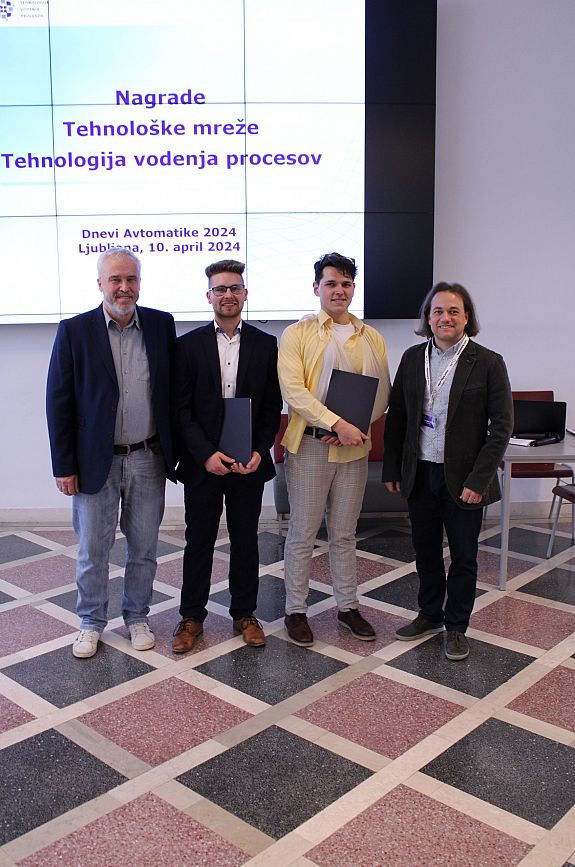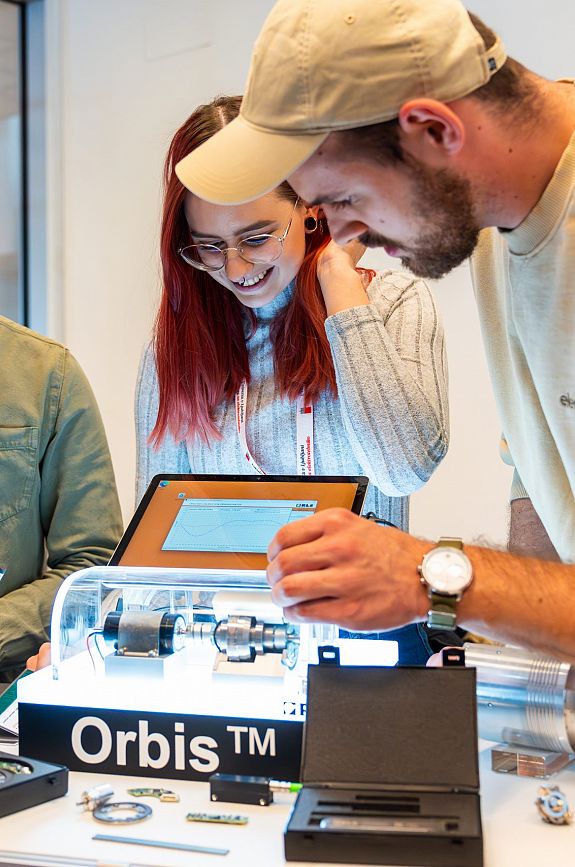[IKTinfo] Investment in cyber security will grow, but not enough
Date of publication: 3.5.2023Analyst firm Canalys forecasts that more than €205.7 billion will be spent on cybersecurity this year, up 13.2% year-on-year. Around a third, €73 billion, will be spent on products (endpoint security, network security, web and email security, data security, vulnerability and security analytics, and identity and access rights management), and around two-thirds, €132.6 billion, on services (consulting, outsourcing, managed services, deployment and integration, and maintenance and support). The high threat level will keep cybersecurity high on the list of priorities for organisations. Budget pressures are forcing many organisations to focus on key security investments to reduce the chances of intrusions and data disclosure. Security investments in public administrations and large enterprises will grow, while in smaller companies they will often decline due to economic difficulties. The stronger will expand and deepen their defences, increase their ability to detect attacks and improve their incident response. Extortion attacks will continue to be a key problem for enterprise security from an operational and financial perspective, but the abuse of generative AI models such as ChatGPT will also focus cyber professionals' attention on other levels.
The economy, manufacturing, education and other sectors have been subject to increased pressures and changes in recent years as a result of the pandemic and the measures taken to contain it, as well as the Russia-Ukraine war, as confirmed by various surveys and analyses. The Information and Communication Technologies (ICT) sector is also exposed to similar changes, but at the same time it is able to monitor, assess and control changes not only in its own sector but also in all other sectors, which has been a valuable help to all of them in recent years.
ICT helps businesses and institutions in all industries to organise work, adapt operations, streamline operations, process data, evaluate results, predict trends and discover new opportunities. And they enable schools and universities to implement hybrid forms of teaching and meaningful digitisation of learning processes.
This is why we have decided to publish regular summaries of information, assessments, analyses and studies by research and analyst companies that can help everyone to better monitor, learn about and understand changes and trends and to adapt more successfully to the new ICT era.
Prepared by the Department of Information and Communication Technologies in collaboration with Esad Jakupović





